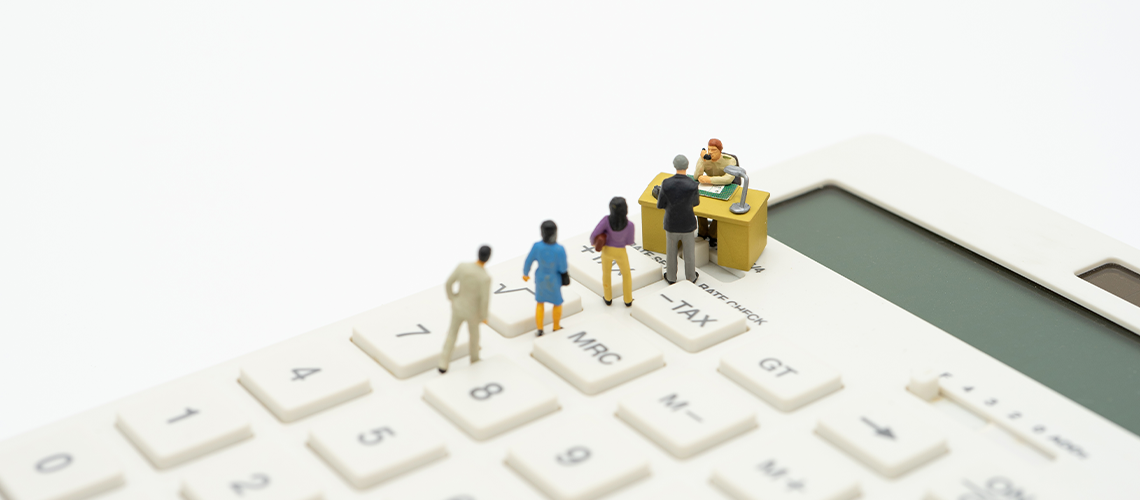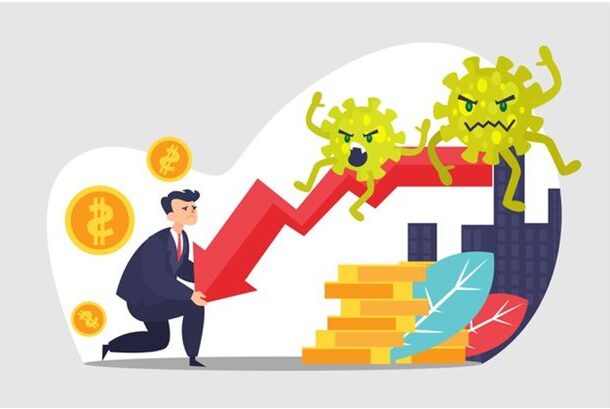Will the Deadline for Self-Assessment Tax Be Extended?
Good News for the UK tax filers, affected by Covid-19. HMRC has announced that if some has been affected coronavirus in his/her personal or professional life, it will accept this as a “reasonable excuse” for missing the January 31 registration deadline.
However, HMRC is vague, on what counts as a “reasonable excuse” for Covid-19. They say that they will handle each appeal on a case-by-case basis – and the tax authority continues to face an appeal to fully extend the deadline. In short, until HMRC decides whether or not to extend the deadline for Self-Assessment tax returns, 31st Jan. 2021 is the final deadline Self-Assessment tax.
The HMRC Encourages People to Submit On Time
If you miss the deadline for submitting the self-assessment, HMRC may impose an automatic £ 100 fine. Thereafter you may be charged £ 10 for each additional day of delay, up to a maximum of £ 900. If you still haven’t submitted your return after three months, HMRC will impose additional penalties.
However, there are “reasonable excuses” for missing the deadline that HMRC will take into account when deciding whether to impose a penalty or not. These include unexpected hospitalizations, serious illnesses, and bereavement etc. As mentioned earlier, this is done on a case-by-case basis and it does not mean that the penalties are lifted automatically. So if you miss the deadline, you will still face an appeal penalty – even though HMRC has extended the appeal period to three months and made the process easier, reports FT Adviser.
By early January, almost half of the self-assessed taxpayers had not yet submitted their tax returns due to this uncertainty. However, if you can complete your self-assessment form by January 31st, it is important to do so as soon as possible because HMRC has confirmed that it will not waive belated penalties.
Most people have to file their tax returns to find out how much tax they owe, but late penalties aren’t added until 30 days after the deadline. This means that if you miss the registration deadline due to coronavirus, you may be able to avoid a late fine, provided you report and pay as soon as possible after the deadline.
However, if you think you are having trouble paying on time, it pays to file your tax return as soon as possible. If you owe up to £ 30,000, you can use HMRC’s “Time to Pay” service to set up an online payment plan. With Time to Pay you can pay your tax bill by direct debit over 12 months. To use Time to Pay, you must submit your return before January 31st and have a schedule no later than 60 days after January 31st. Note that from February, interest will be charged on the account balance.
What About Reducing Down Payments?
Down payments are prepayments on your next tax bill that are estimated on the previous tax year bill. Your first deposit for 2020-21 will be part of your payment due on January 31st. According to HMRC taxpayer can apply online or by mail to have their down payments reduced if they know their tax bill will be lower than last year.
Keep this in mind when estimating your tax liability for 2020-2021, that some coronavirus support grants, including the self-employed income support scheme, are taxable.
It is always a good idea to speak to a professional such as your accountant, before taking any further step in this regard.



